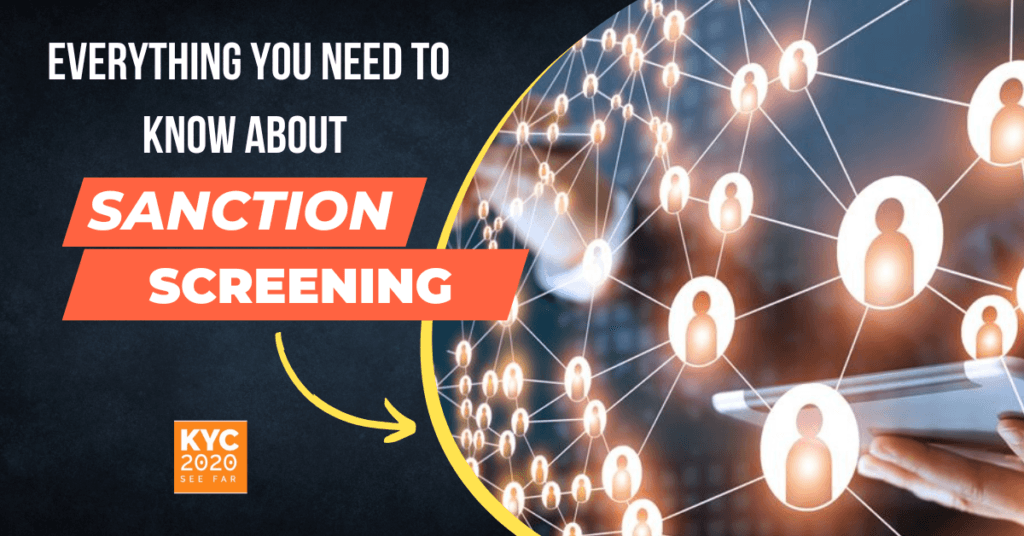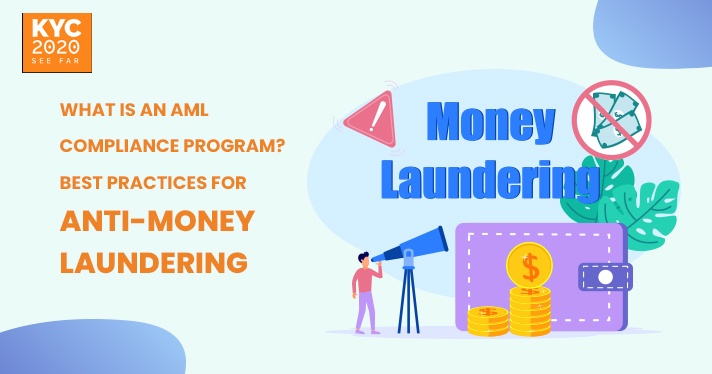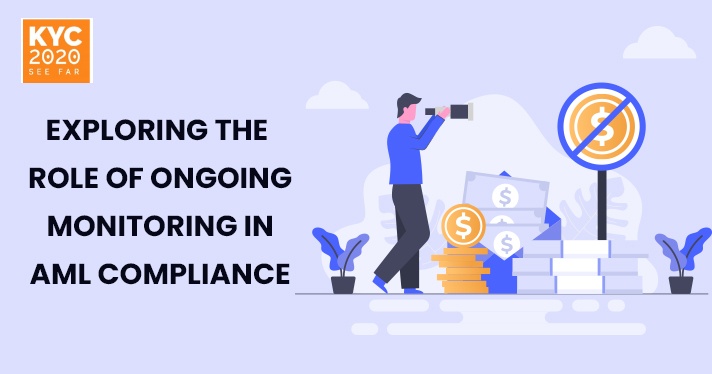Sanctions screening is a vital control typically used by financial institutions to recognize, stop, manage and reduce financial crime risk. Businesses must undertake thorough and efficient screening in the financial crime prevention strategies to help identify those groups and organizations and any criminal activities that they may be exposed to, for instance, money laundering.
Sanctions screening assists firms in identifying potential sanctions risks, and aids in assisting compliance teams in making quick, informed decisions.
A sanction is generally taken by official bodies and governments, like regulators, to block access to specific services. This is usually the case with it is the system that finances a nation. Sanctions are enforced to alter behavior, deter illicit activity, and deter undesirable behavior of high-risk individuals or groups. We’ve seen this recently in the latest conflict in Ukraine Sanctions can be imposed against entire nations.
Today, the list of sanctioned entities is expanding faster than ever because their definition has expanded and is becoming more susceptible to interpretation. This makes it harder for all businesses, including those with finance, to determine and manage their sanctions risk. It has never been more challenging to achieve this goal for various reasons. This includes:
The development of lists of sanctions:
As governments rely more on sanctions to influence foreign policy, New entities are continually added and removed from the sanctions list. In the last several years, the number of sanctioned entities has been increasing across all lists.
Sanctions with a wider impact than the sanctioned entity:
Organizations owned and managed by or associated with sanctioned entities must also be part of compliance measures. Even though these entities may not be sanctioned directly, their association with the sanctioned entity may pose an opportunity for risk.
The range of sanctioning organizations and lists
There are many sanctioning organizations, such as regional unions, individual nations, regulatory institutions (e.g., HMRC, OFAC), and international organizations (the EU, the UN). All of them can publish their sanctions and lists. Naturally, they don’t necessarily align.
Why sanctions should be considered seriously
It’s essential for every company to be in compliance with regulations regarding sanctions screening and put in place appropriate controls. This is especially essential for businesses working in industries with strict regulations like financial services.
In the past, enforcement actions have been more frequent in this region. However, other industries also benefit from substantial fines and other sanctions by regulators with wide-ranging power and influence. Regulators are also increasingly looking at other industries that have previously been largely unnoticed.
When should screening for sanctions be carried out?
Businesses must keep pace with the ever-changing sanctions landscape to stay in compliance. To effectively manage risk from sanctions, it is also necessary to examine their partners, suppliers, and customers and their transactions against various sanctions lists. This can be a problem for large companies with many customers, partners, and transactions passing through them.
Many companies discover that screening for sanctions is more manageable after the initial assessment of risk when a new client is onboarded, or another third party is. Additionally, companies must ensure that existing customers regularly undergo screening to maintain compliance with the ever-changing sanctions environment.
KYC2020’s Specialized Sanction Screening Services
Sanctions screening ensures that the products and people who are part of a trade transaction are scrutinized against rules and sanctions, enforcement actions, and other watchlists that are official.
DecisionIQ™ is our AI-based All-In-One advanced screening platform. It automates your onboarding and ongoing monitoring.We aggregate, structure, and continuously update global watchlists and news sources. Data includes OFAC/SDN, Sanction, PEP, RCA, Regulatory, HIO, High Risk Business, Criminal, Adverse media and more.Screen against 1000’s of news sources and over 1500 Sanction, PEP and Regulatory watchlists toget a screening decision backed by verifiable and transparent “proof of decision” file.
Sanctions screening is an essential part of each participant’s diligence throughout the supply chain of trade to prevent reputational, criminal commercial, and reputational damage that results from non-compliance or association with illegal businesses such as financial laundering, terrorist financing, and other such.







